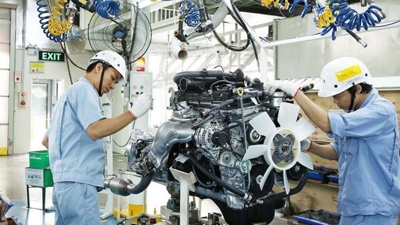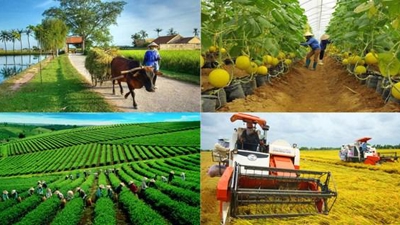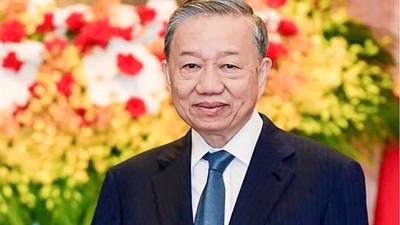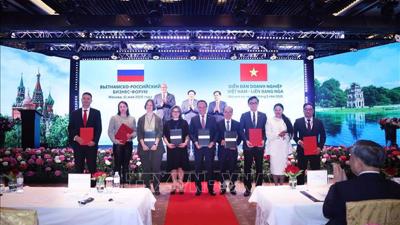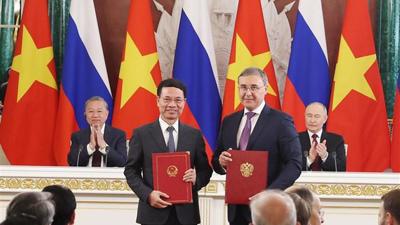Workshop highlights Vietnam’s efforts in EU deforestation regulation preparedness
EUDR compliance ensuring sustainable and deforestation-free production.
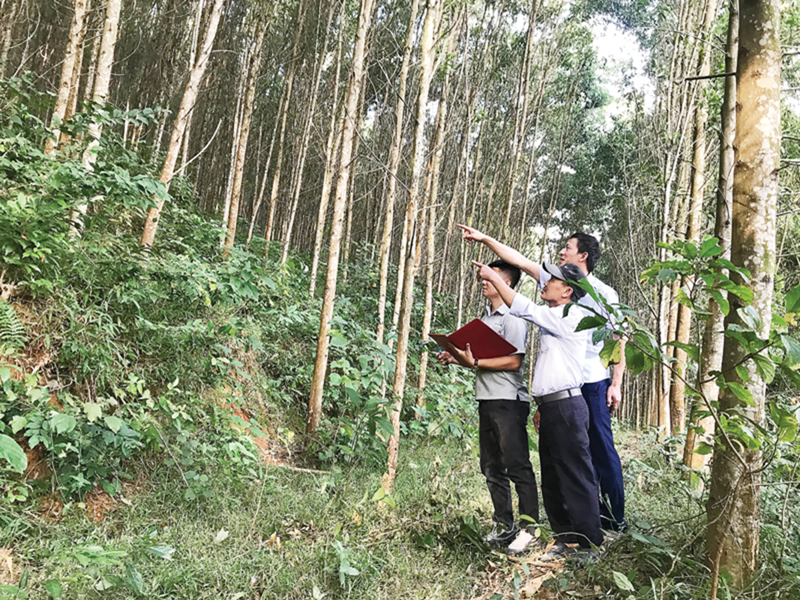
A workshop on the EU Deforestation Regulation (EUDR) Preparedness Check for the Coffee and Commercial Forestry Sectors in Vietnam was held on July 30.
The event, organized by the United Nations Development Program (UNDP) and the Department of Forestry under the Ministry of Agriculture and Rural Development (MARD), aimed to update the latest information on the EUDR and discuss the results of a preparedness check conducted at both national and provincial levels.
It highlighted Vietnam's efforts, particularly in the coffee and commercial forestry sectors, and provided practical insights for aligning action plans with EUDR requirements.
Discussions covered data sharing, standardized methodologies for zero deforestation, legality analysis, and smallholder support.
The EUDR, which came into force on June 29, 2023, mandates that products placed on or exported to the EU market must be traceable, deforestation-free, and legally produced. Larger companies exporting these commodities into the EU must comply by December 30, 2024, while small- and medium-sized enterprises (SMEs) by June 30, 2025.
In Vietnam, the MARD and stakeholders have proactively aligned with the EUDR by developing and issuing an Action Plan Framework for EUDR Compliance. This framework provides comprehensive guidance to national and provincial institutions, ensuring practical actions are developed to support operators' due diligence processes.
Mr. Patrick Haverman, Deputy Resident Representative of UNDP Vietnam, said, "The findings of the preparedness check will guide us in strengthening our strategies and actions, ensuring that Vietnam remains a leader in sustainable and deforestation-free production."
He also highlighted that "As we move forward, several key areas require our focused attention. Firstly, the sharing of data and maps is essential. We need to establish clear protocols on how the government will share data and maps with operators, including the platforms to be used and the types of data that can be shared. Secondly, we need to develop standardized methodologies for zero deforestation and risk analysis. Thirdly, the analysis of legality is equally important, and lastly, we must focus on supporting smallholders who may face multiple challenges. It is crucial to provide these smallholders with the necessary resources and knowledge to comply with EUDR standards without disproportionately impacting their livelihoods."
At the workshop, Mr. Tran Quang Bao, Director of the Forestry Department, emphasized that this is the time when the European Union Regulation on Deforestation-Free Commodities is approaching very soon. The wood and coffee industries and rubber industries are the three industries in Vietnam most affected by the EUDR regulations.
To implement EUDR in Vietnam, in addition to land policies, sustainable agricultural and forestry development according to the value chain to meet the standards and requirements of the domestic and export markets, it requires management capacity and an interdisciplinary and synchronous approach of management agencies, stakeholders as well as the participation of businesses, suppliers, farmers, and communities.
The workshop is part of the "Integrated Sustainable Landscape Management through Deforestation-Free Jurisdiction Project in Lam Dong and Dak Nong, Vietnam" (iLandscape), funded by the EU.


